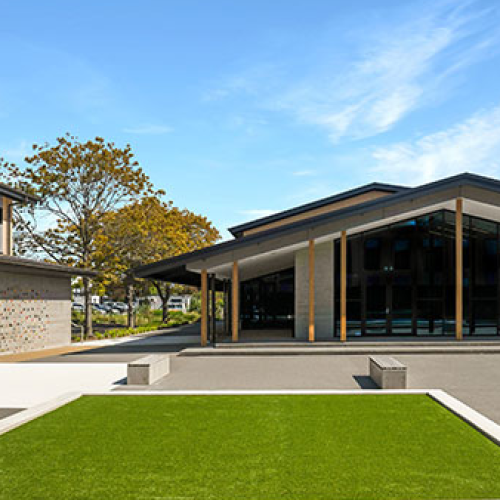
Growth Mindset
My brain can grow, your brain can grow.
Our intelligence isn’t fixed. With effort, practice, persistence, perseverance, feedback and a certain outlook we can improve. Whether this is on the Coast to Coast race across the South Island, on the sports field, in the classroom, with a musical instrument, a language, whatever we are learning, our brains have the ability to grow and we can improve.
The outlook referred to above is increasingly known as a ‘growth mindset’ which is underpinned by the belief that we can improve. It is through effort, practice and resilience to try multiple strategies that we can improve and get better. When students understand how the brain works and believe that they can grow their brain and improve then they are much better positioned to face challenges, setbacks and failure. They become more resilient and able to persevere. They have a stronger, more positive inner voice that helps them to see these setbacks as opportunities to learn, to grow and to improve.
A growth mindset is the focus of our Ako time for Term 1. Specifically, we are looking at developing an understanding of what a growth mindset is and delving into specific strategies to support the development of this mindset
So far we have had 3 sessions. During the first session students discussed the word 'yet' - 'not yet' - and what they believe the concept of ‘effort’ means. Students also completed a survey which has given us an overall starting point of where we’re at as a school in terms of our attitude towards learning, improvement and whether our intelligence is fixed. We are going to repeat this survey throughout the year in order to measure any shifts that occur.
During Week 2 we had a whole school assembly where we heard from guest speaker, Black Fern Grace Brooker, about her journey with rugby so far and her hard work mantras that she lives by. Grace talked about some of the setbacks she has faced and the challenges she has overcome. It was clear that a common theme throughout each of these was her ability to pick herself up, to train hard and make the improvements that she wanted in order to reach her next goal.
In Week 3 students were learning about the structure of the brain and how we can grow more neurons. Specifically, we spoke to students about the way the brain works and helped them to better understand what is happening when we talk about their brains growing and expanding. This equips them better to overcome challenges and know how to respond when they are finding things difficult.
We also talked about failures and when things haven’t gone as originally planned. If we teach students about failure, challenge and overcoming these, then they are more likely to persist, persevere and develop strategies for continuing to show up, to learn and to grow.
Our mantra is: “My brain can grow, your brain can grow.”
“No matter what your ability is, effort is what ignites that ability and turns it into accomplishment.”
-Carol Dweck, Mindset
How can we support this as caregivers?
Talk to your child about what they have learnt so far.
Praise their effort that leads to outcomes. This helps them to build a growth mindset. “I can see that you’re working really hard on... and that you’re seeing some good results,” rather than, “You’re so smart.”
Ask students about what they found difficult in their classes that day at school. When students find things difficult, encourage them to find new strategies or to ask for help. This helps them to develop a growth mindset and to see difficulty as something that they can work through as part of their learning process.
Encourage students to ask for feedback or alternative strategies to try.
If students say they can’t do something challenge them to re-phrase this as, “Can’t do it yet.” Encourage them to think about what other strategies or approaches they might try.
